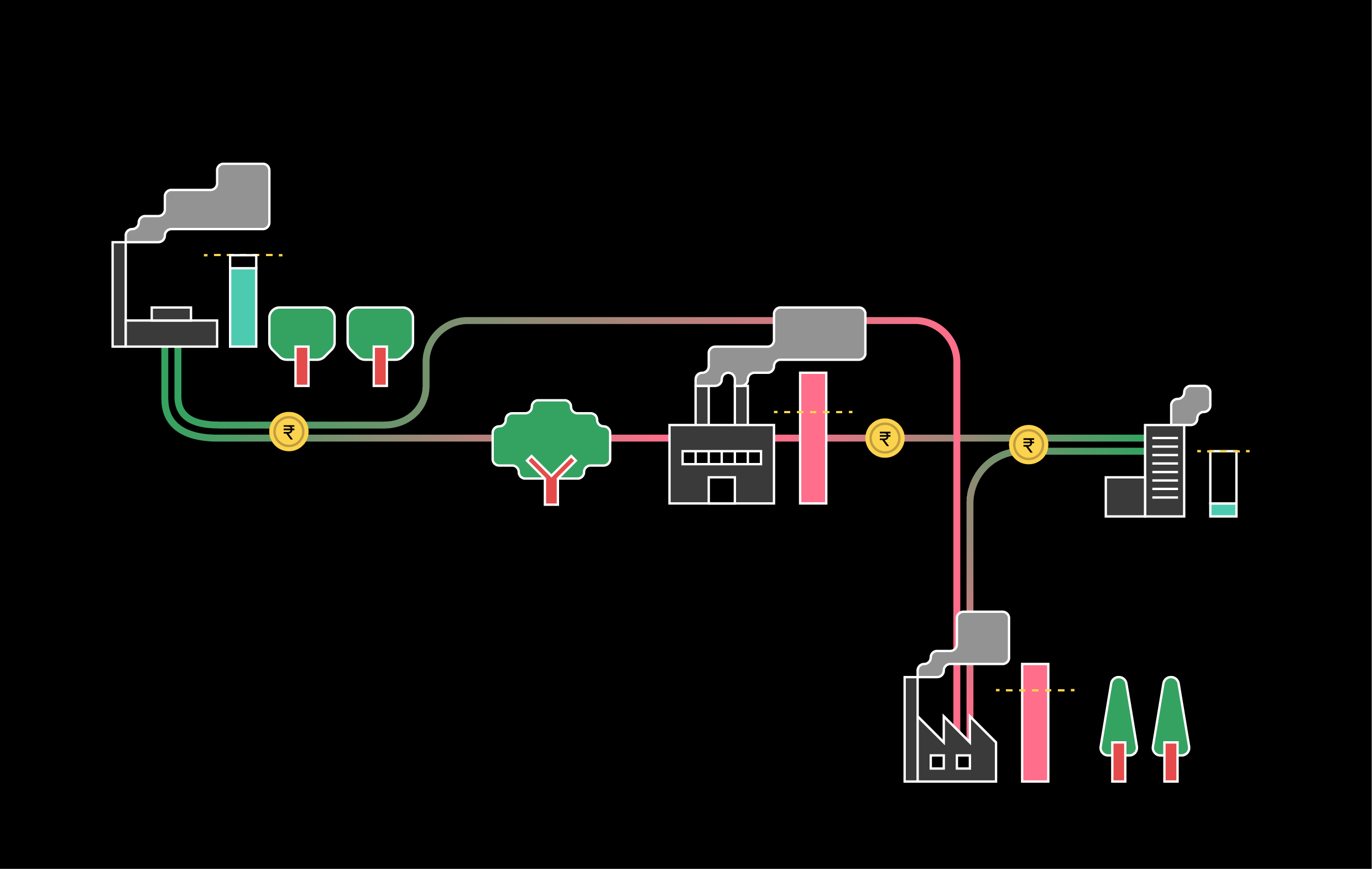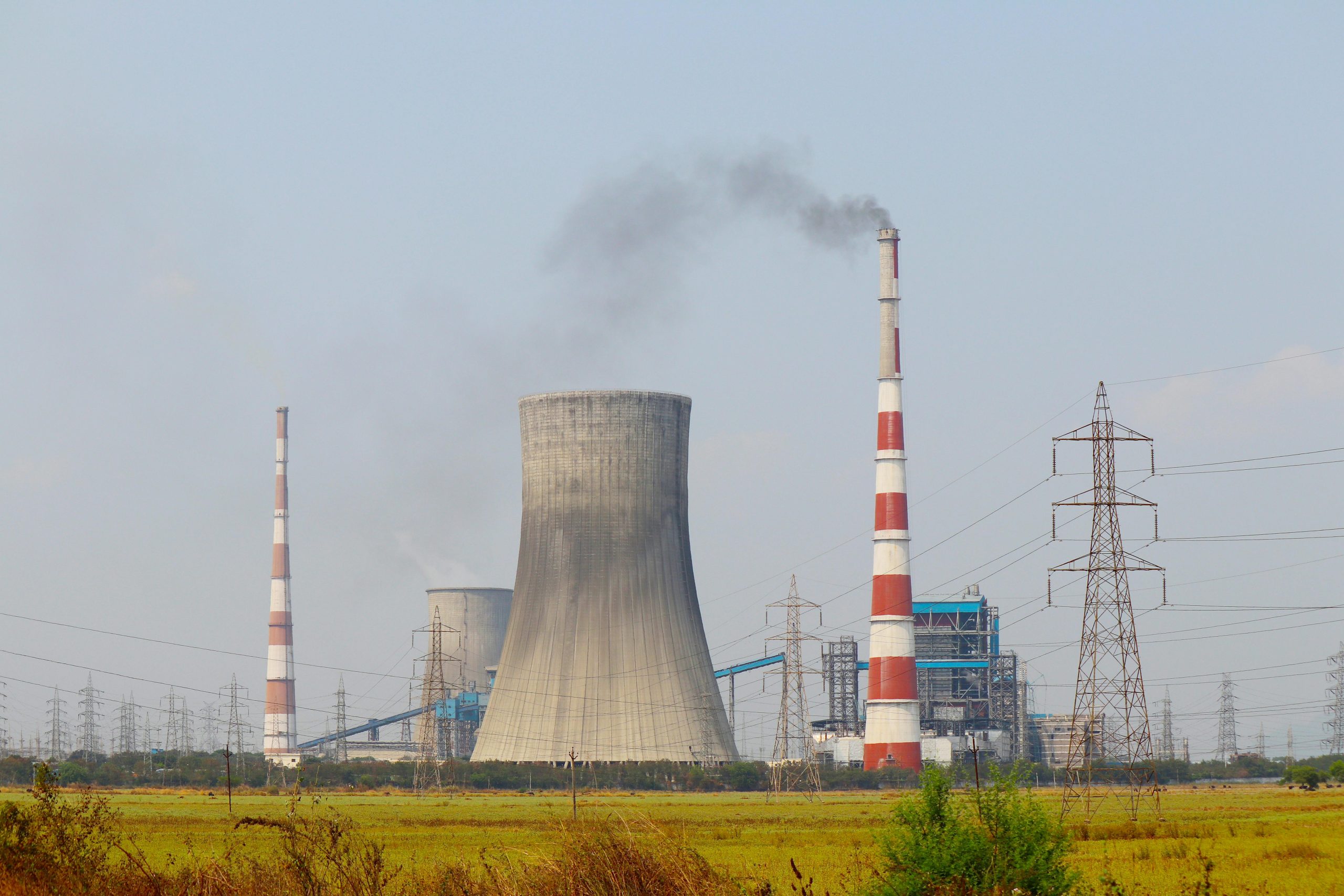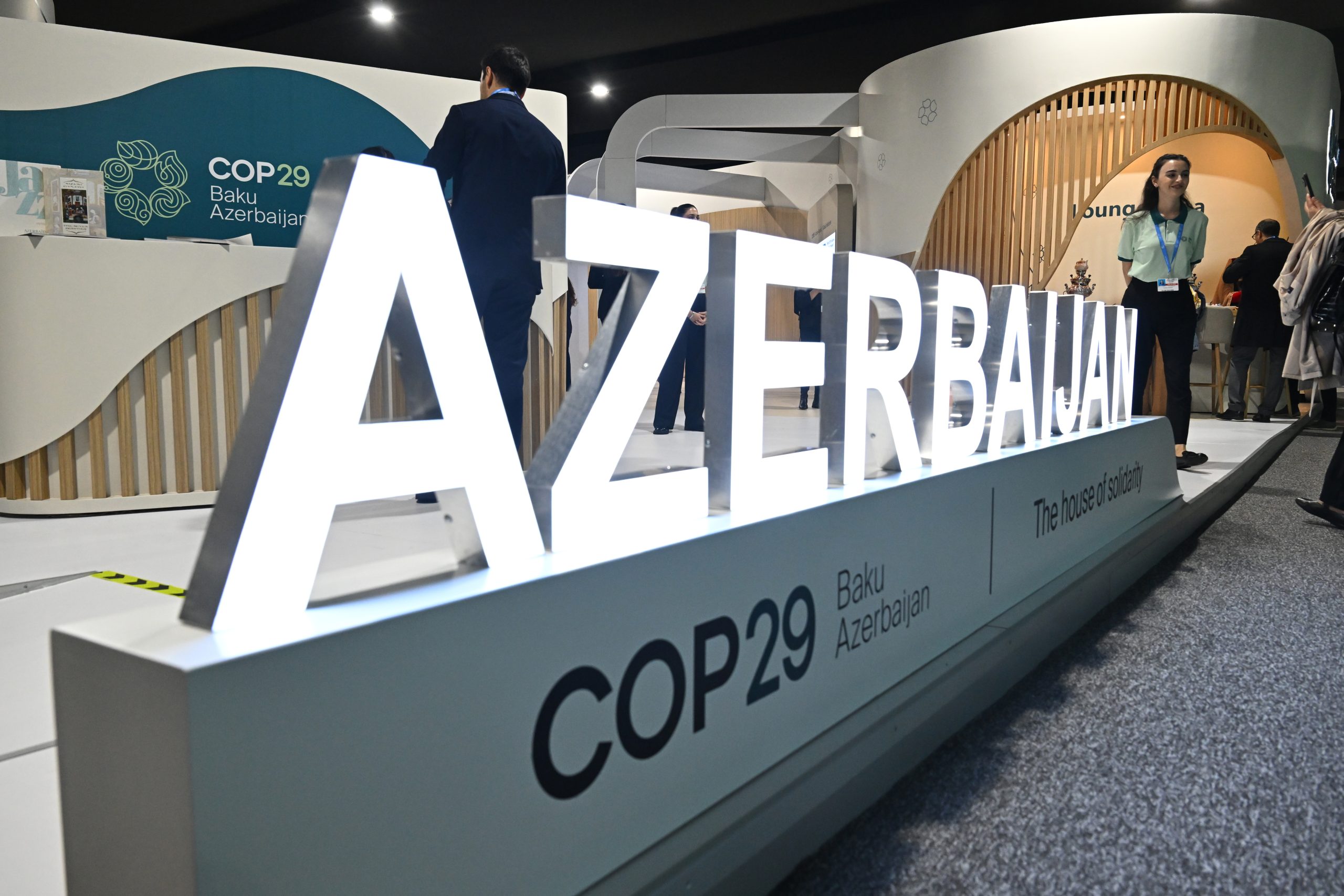
Aman Srivastava

Dr Aman Srivastava is a Fellow, and Coordinator of the Climate Policy vertical, at the Sustainable Futures Collaborative. He works in the areas of domestic and international climate policy, exploring the interlinkages between emissions and development and studying future low-carbon development pathways. His work specifically focuses on energy-economic modelling, climate finance, and carbon markets, and also touches upon aspects of trade and industrial policy. Aman was previously a Fellow at the Centre for Policy Research, and earlier spent over six years at the World Resources Institute, as a Research Associate (Climate Finance) in Washington DC and subsequently as Lead Economist (Climate) in Delhi. He served as a chapter author for the UNFCCC Standing Committee on Finance’s 2016 Biennial Assessment and Overview of Climate Finance Flows report, and has been a consultant with organisations such as AIIB, Vivid Economics, and the WTO. Aman holds a PhD in energy and behavioural economics from the University of Antwerp, an MSc in finance and development from the University of London, an MBA in finance from the Indian Institute of Management: Lucknow, and a BA (Honours) in economics from the University of Delhi. He is currently serving as visiting faculty at Kautilya School of Public Policy, having previously also taught at IIT Delhi’s School of Public Policy.
Publications


Issue Briefs
Climate Policy
The Indian Carbon Market: Institutional, Regulatory, and Market Considerations
Kashmeera Patel, Easwaran J. Narassimhan et al.
28 April 2025
This brief captures key insights from a stakeholder roundtable on India’s carbon market, focusing on the institutional, regulatory, and market design challenges of the Carbon Credit and Trading Scheme (CCTS).


Blogs
Climate Policy
Navigating India’s Climate Futures Requires a Nuanced and Transparent Approach to Modelling
Nikita Shukla, Aman Srivastava, Easwaran J Narassimhan
14 April 2025
Insights from emissions-economy modelling studies are only as reliable as the methods used to generate them. We present a framework to assess, compare, and interpret the structures and implications of these studies, aiming to spark critical dialogue and foster understanding in India.


Blogs
Climate Policy
Unpacking COP29’s NCQG: What Happened, Why, and What Now?
Aman Srivastava, Nikita Shukla
22 December 2024
The NCQG outcome at COP29 has been criticised for not meeting climate finance needs and shifting responsibility from developed nations. This blog explores where it missed the mark, whether developed countries have a defence, and how future COPs can improve climate finance delivery.


Issue Briefs
Climate Policy
Ratcheting Ambition in Climate Finance: Key Challenges and Goals for COP29
Nikita Shukla, Aman Srivastava, and Easwaran J. Narassimhan
8 November 2024
An overview of key issues to watch in discussions on the New Collective Quantified Goal (NCQG), including the role and relevance of the NCQG, strategies for effective implementation, and implications of the outcome for broader climate diplomacy.


Reports
Climate Policy
Energy Transitions
The Regulatory and Market Landscape for Climate Finance Into India’s Renewable Energy Sector
Aman Srivastava, Srishti Jain et al.
31 October 2024
As India aims to further ramp up the pace of its RE deployment, both large- and small-scale, this brief, published in collaboration with DIW Berlin, analyzes challenges to it from regulatory, institutional mandate, coordination and market development angles, and explores ways to address them.


SFC Perspectives
Adaptation and Resilience
Climate Policy
Energy Transitions
Environmental Governance and Policy
SFC Perspectives on Adaptation and Resilience, Climate Policy, Energy Transitions, and Environmental Governance and Policy
SFC
SFC | 19 March 2024
SFC Perspectives are intended to stimulate discussion by providing an overview of key issues and avenues for action to inform India's sustainable development trajectory.


SFC Perspectives
Climate Policy
Perspectives on Climate Policy: Embedding a development-centric, climate-ready approach to policymaking
Aman Srivastava, Easwaran J Narassimhan and Navroz K Dubash
SFC | 18 March 2024
The Climate Policy group within SFC approaches policy challenges through a strategic lens, aiming for long-term structural change by shifting discourse, building stronger institutions, and aligning conditions for implementation.


Opinions
Climate Policy
USD 100 Billion: Delivering The Nucleus Of Climate Finance
Aman Srivastava
Outlook | 26 June 2023
Recent analysis has found that the finance that developed countries are reporting towards that USD 100 billion targets is not always going towards clear climate purposes – some of the projects that have been included in their reporting were a coal plant, a hotel expansion, chocolate stores, a movie, and an airport expansion.


Opinions
Climate Policy
Keeping development at the forefront of India’s long-term climate strategy
Parth Bhatia, Mandakini Chandra et al.
Ideas for India | 5 June 2023
India’s Long Term Low Emissions Development Strategy (LT-LEDS) sets out multiple low-carbon transitions, highlighting that climate action will be intimately tied to developmental processes.This article identifies some of the challenges and opportunities embedded within these transitions, and reflects on how these will impact developmental priorities such as employment and energy security.




